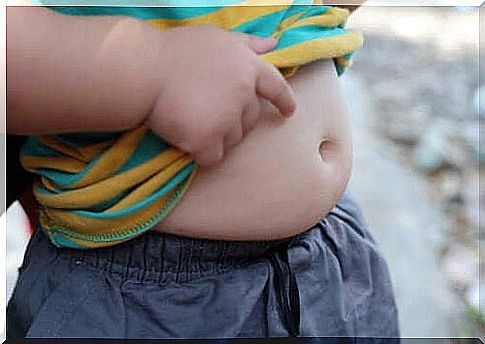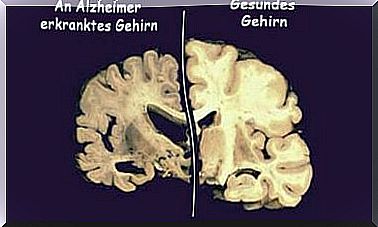Obesity In Childhood: Increasing Problem
Childhood obesity causes numerous health complaints, such as high cholesterol levels, metabolic disorders, an increased risk for the metabolic syndrome, or psychological problems such as stigmatization and reduced self-esteem.

Childhood obesity is a serious general health problem in many countries. In recent years, the number of overweight children has increased steadily, and not just in the US, which is particularly hard hit. It is estimated that around 42 million children under the age of 5 worldwide are obese.
It is not just about aesthetic aspects, but rather about serious health consequences. In obese children the risk for diabetes or cardiovascular disease, for example, much higher.
In our modern society it is not always easy to teach children healthy living and eating habits. But this is precisely what is essential in order to avoid serious consequences. This topic should therefore be given priority in families. Find out all you need to know about childhood obesity in today’s article .
Interesting facts about childhood obesity

Obesity in childhood is the most common disease caused by poor nutrition at this stage of life. We speak of pathological overweight, which is often referred to as obesity or obesity. The health consequences of this condition are serious.
Numerous factors play a role in this disease, not just diet. Genetic factors and the child’s physical activity are also important, for example.
Of course, eating habits are one of the main triggers for this disease. High-calorie products that contain a high proportion of saturated fatty acids are particularly harmful.
In a nutshell, obesity arises from a combination of an improper, unbalanced diet, sedentary lifestyle, genetic factors, and other circumstances. Since this can lead to serious diseases such as diabetes, prevention is particularly important.
How do you diagnose childhood obesity?
The diagnosis of obesity is made by calculating the body mass index (BMI), which is only a rough guide. The obesity level is calculated based on body size and weight. The weight (kg) is divided by the square of the height (m²). The result is then compared with the reference values.
In children and adolescents, however, the assessment is much more difficult. Therefore, age and gender-specific data are also included in the calculation. The percentile curves, which enable a comparison with average values, are a particularly important basis.
Which risk factors can promote obesity in childhood?
As mentioned earlier, diet plays a particularly important role. But other factors must also be taken into account:
- Genetics: Numerous studies have shown that children of overweight (or obese) parents have three times the risk of becoming pathologically obese themselves. However, it is difficult to find out how this is related to lifestyle and to what extent the genes are responsible.
- Birth weight: Scientists see a connection between a birth weight of over 4 kg and obesity in childhood or adulthood.
- Babies breastfed in the first year of life are less likely to become obese in childhood.
- The place of birth also plays a role: if the child grows up in a rural setting, where an active lifestyle is normal, the tendency towards inactivity is much lower than in an urban setting. As a result, the risk of obesity is also reduced.
This disease is also associated with other factors: sleep quality and the financial level of the family seem to play a role. In any case, we know that it is fundamental to look at the child’s lifestyle in order to help them with this disease or to provide preventive measures so that it does not get that far in the first place.

How can you take precautionary measures to prevent obesity?
Obesity in childhood can shape the rest of the child’s life. Because it’s not just about serious physical changes that result from it. Also, stigma and low self-esteem are common consequences.
A healthy diet and appropriate habits are therefore essential. If you have any doubts or questions, the attending physician or a nutritionist can provide valuable services.
Also, adequate exercise is a must for children! Exercise should be part of your daily routine as it is the first step in avoiding obesity. In addition, children learn important social skills and have fun with others.








